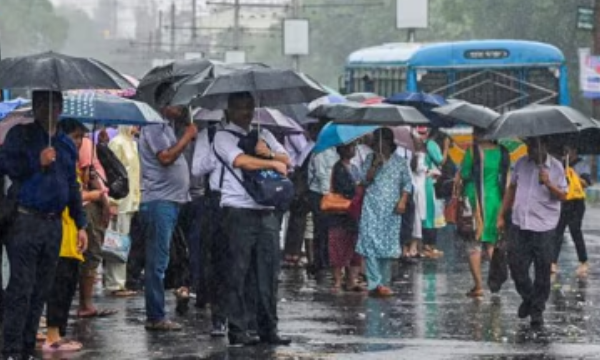Recently, the RBI updated its guidelines in the Master Circular, clarifying a few key points pensioners should be aware of. Let us look into some of them.
Whenever the government increases the rate of dearness relief, banks are expected to update the pension amount and pay the revised sum to the pensioners accordingly.
The RBI mandates that banks determine revised DR payments either by receiving government directives via mail, fax, or email, or by referring to relevant government websites.
Pensioners do not need to visit a bank to submit their life certificate. They can do it digitally using the Jeevan Pramaan portal, but only if the Pension Sanctioning Authority is also registered on the platform.
The RBI has directed banks to facilitate life certificate submission at the homes or premises of super senior citizens who are over 70 years old or have a serious illness or disability including vision problems.
In case a pensioner passes away, the family pension will be credited to the same account, provided the spouse is listed in the Pension Payment Order (PPO). There’s no need for the surviving spouse to open a fresh account. This reduces paperwork during already tough times.
Whenever you submit your life certificate, the bank must give you a signed acknowledgement slip. If you’re submitting it digitally, they can provide a digital receipt too. This helps keep track and avoids confusion later.
If your pension or arrears are paid late, banks must compensate you with interest at 8% per year from the due date and this money should be directly credited to your account.








